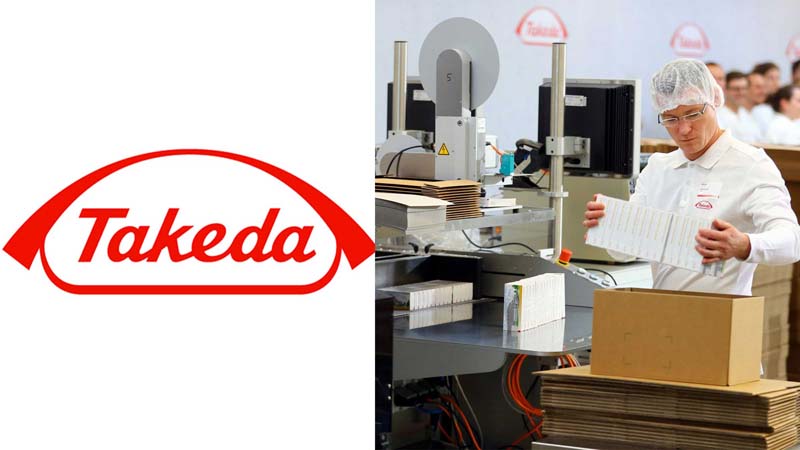Takeda Pharmaceutical Co. said Wednesday it will start developing a drug to treat people infected with the fast-spreading new coronavirus and aims to commercialize it in as early as nine months.
The Japanese drug maker will use blood taken from people who have recovered from COVID-19, a pneumonia-like respiratory disease caused by the virus that has infected over 90,000 people around the world and killed more than 3,000.
Takeda said it plans to develop “a type of plasma derived-therapy that has previously been shown to be effective in the treatment of severe acute viral respiratory infections and may be a treatment option” for the new coronavirus.
The company is in talks with regulators in the United States, Asia and Europe for the development of the new drug, while it expects to take nine months to 18 months to bring it to the market.
“We have identified relevant assets and capabilities across the company and are hopeful that we can expand the treatment options for patients with COVID-19,” Rajeev Venkayya, president of Takeda’s Vaccine Business Unit and co-lead of the company’s COVID-19 response team, said in a statement.
Takeda said it is also looking into whether any of its existing products could be effective treatments for patients infected with the new coronavirus.

